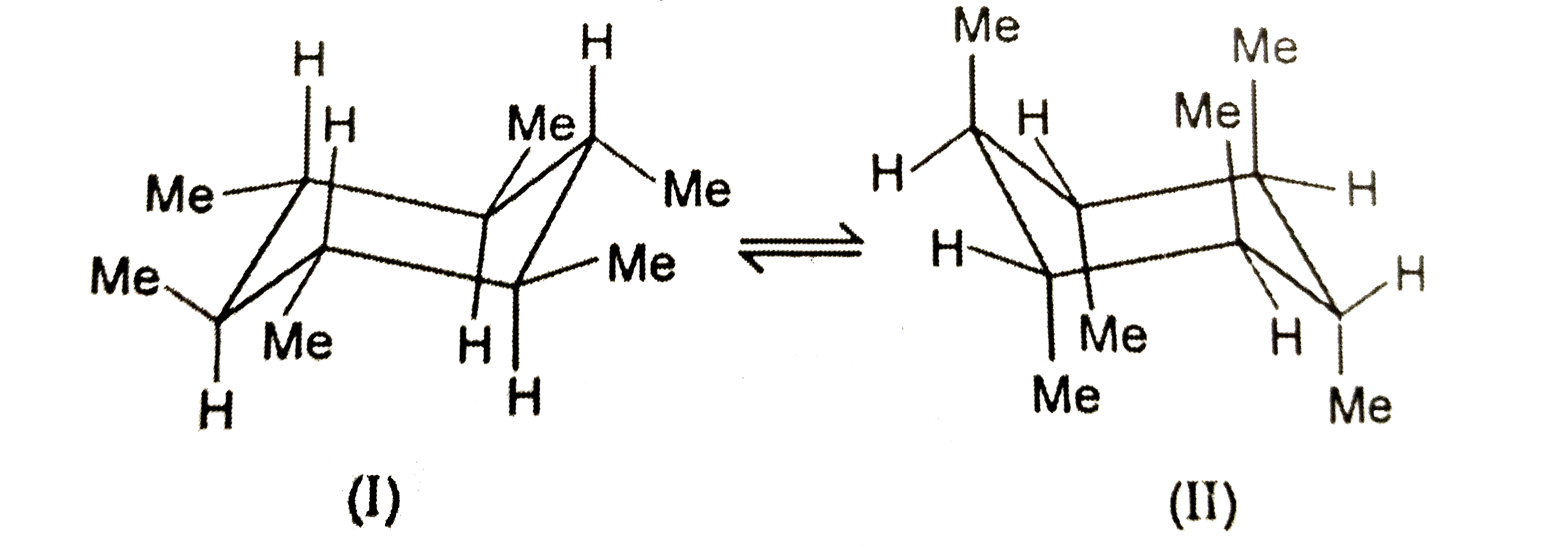Why lithium carbonate is not stable to heat?
To understand why lithium carbonate (Li2CO3) is not stable to heat, we can break down the explanation into several steps:
1. Understanding Lithium Carbonate:
- Lithium carbonate is a compound represented by the formula Li2CO3. It consists of lithium ions (Li+) and carbonate ions (CO3^2-).
2. Size of Lithium Ion:
- Lithium is the smallest alkali metal ion. Its small size leads to a high charge density, which means it has a strong polarizing power.
3. Polarization of Carbonate Ion:
- The carbonate ion (CO3^2-) is a larger anion. Due to the small size and high charge density of the lithium ion, it can polarize the carbonate ion significantly.
4. Formation of More Stable Compounds:
- When lithium carbonate is heated, it decomposes into lithium oxide (Li2O) and carbon dioxide (CO2). The reaction can be represented as:
Li2CO3→Li2O+CO2
- Both lithium oxide and carbon dioxide are more stable than lithium carbonate at elevated temperatures.
5. Thermodynamic Stability:
- The products (Li2O and CO2) have lower energy compared to lithium carbonate, making the decomposition reaction thermodynamically favorable.
6. Conclusion:
- Therefore, lithium carbonate is not stable to heat because it decomposes into more stable products (Li2O and CO2) when subjected to high temperatures.
Final Answer:
Lithium carbonate is not stable to heat because it decomposes into lithium oxide (Li2O) and carbon dioxide (CO2), which are more stable compounds.
---
- Lithium carbonate is a compound represented by the formula Li2CO3. It consists of lithium ions (Li+) and carbonate ions (CO3^2-).
- Lithium is the smallest alkali metal ion. Its small size leads to a high charge density, which means it has a strong polarizing power.
- The carbonate ion (CO3^2-) is a larger anion. Due to the small size and high charge density of the lithium ion, it can polarize the carbonate ion significantly.
- When lithium carbonate is heated, it decomposes into lithium oxide (Li2O) and carbon dioxide (CO2). The reaction can be represented as:
Li2CO3→Li2O+CO2
- Both lithium oxide and carbon dioxide are more stable than lithium carbonate at elevated temperatures.
- The products (Li2O and CO2) have lower energy compared to lithium carbonate, making the decomposition reaction thermodynamically favorable.
- Therefore, lithium carbonate is not stable to heat because it decomposes into more stable products (Li2O and CO2) when subjected to high temperatures.
Lithium carbonate is not stable to heat because it decomposes into lithium oxide (Li2O) and carbon dioxide (CO2), which are more stable compounds.
Topper's Solved these Questions
- ALCOHOLS, PHENOLS AND ETHERSBOOK - AAKASH INSTITUTE ENGLISHCHAPTER - ALCOHOLS, PHENOLS AND ETHERSEXERCISE - Try yourself
5 Videos
- ALCOHOLS, PHENOLS AND ETHERSBOOK - AAKASH INSTITUTE ENGLISHCHAPTER - ALCOHOLS, PHENOLS AND ETHERSEXERCISE - Exercise
40 Videos
- ALCOHOLS, PHENOLS AND ETHERS BOOK - AAKASH INSTITUTE ENGLISHCHAPTER - ALCOHOLS, PHENOLS AND ETHERS EXERCISE - Try Yourself
5 Videos
Similar Questions
Knowledge Check
Metal carbonates decompose on heating to give metal oxide and carbon dioxide. Which of the metal carbonates is most stable thermally?
AMgCO3BCaCO3CSrCO3DBaCO3
A, B, C and D are four elements with atomic numbers Z - 1, Z, Z + 1 and Z + 2 respectively. B is a noble gas. Predict
whose carbonate is more stable towards heat.
View SolutionWhy is beryllium carbonate unusually unstable thermally as compared to the other carbonates of this group?
View SolutionAmong the alkaline earth metal carbonates which one is least stable towards heat ?
View SolutionThe heat of combustion of carbon (graphite) is not equal to that of carbon (diamond).
View SolutionWhich of the following carbonate will not decompose on heating:-
View SolutionWhich one is more stable and why?

View SolutionThe oxide of which metal is most stable to heat :
View Solution
